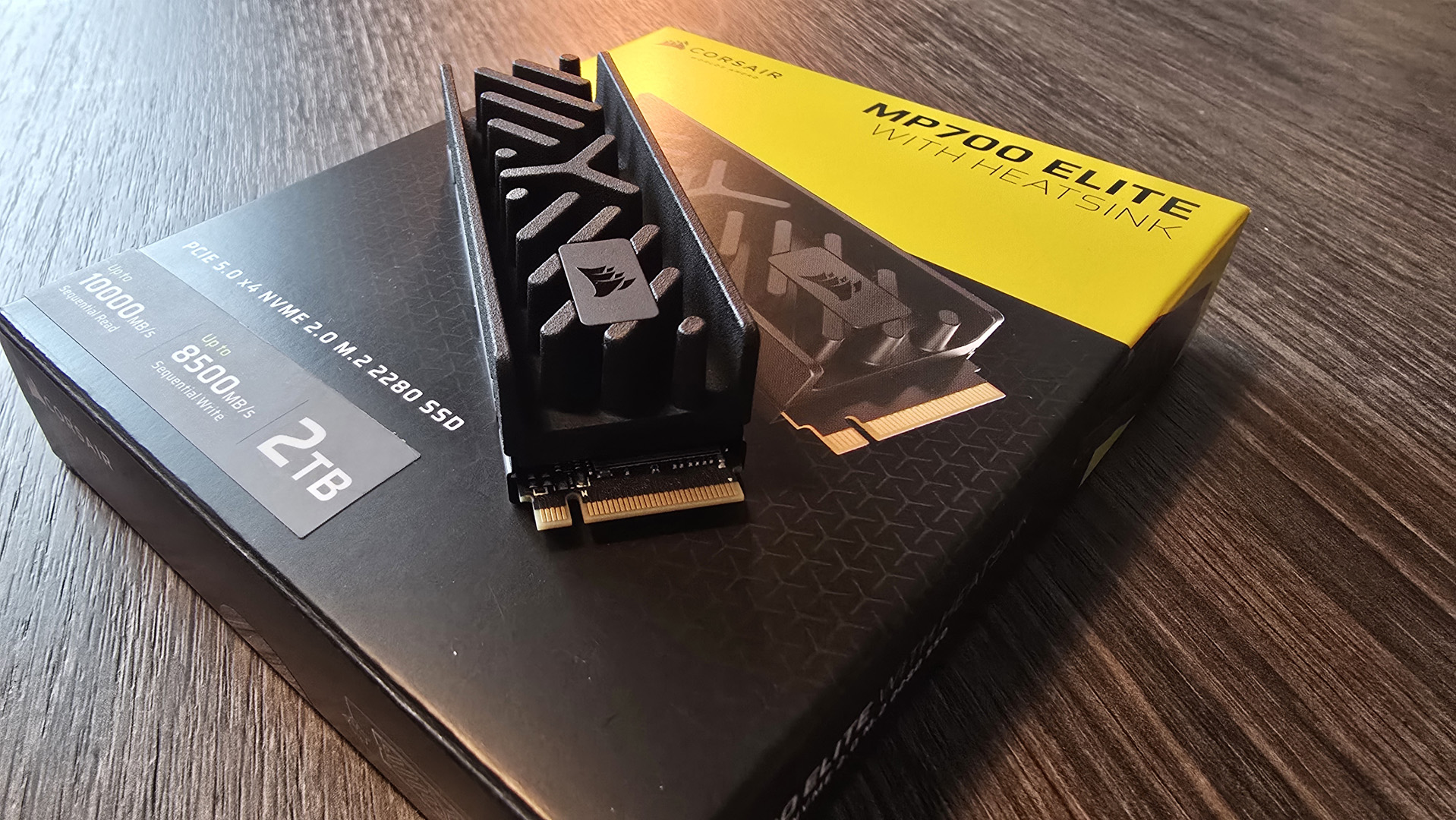While the memory price crisis (yep, that phrase will catch on) is clearly visible, the potentially looming SSD price crisis is less so. Checking Amazon, Newegg, and other sites reveals a whole host of RAM kits at ridiculously high prices, but SSDs seem pretty stable. Yet Phison’s CEO Khein-Seng Pua says that in “only three months”, NAND prices have doubled (via Digitimes). What gives?
Well, at the risk of stating the obvious, that’s the cost of NAND, not the cost of an SSD. Phison buys NAND (flash) chips from suppliers—the three big ones being Samsung, SK Hynix, and Micron—and then uses them to make their own enterprise SSDs or to make SSDs for other customers.
So, if the TLC flash that Phison is buying has risen from about $4.80 for one Tb (128 GB) in July to $10.70, as Pua claims, NAND has doubled in price, but this has yet to ripple into the SSD market. It will, though; that’s unavoidable. SSD makers like Phison aren’t going to shoulder 2x costs just ’cause. Eventually, SSD prices will have to rise.
The primary cause for the rise in NAND prices is almost certainly undersupply caused by high demand for AI servers, which has now knocked on to SSD manufacturers like Phison. The final step in that supply chain is, at least as far as we’re concerned as home user PC gamers, the NVMe SSDs on store shelves and online retailers. While SSD prices remain fine right now, it’s unlikely they will remain that way for very long.
In Phison’s earnings call, the CEO explains that “every NAND manufacturer” has said they’re “sold out” for 2026: “all the capacity is sold out. No matter whether they can convert [TLC production to QLC production] or not, it will not help because capacity is sold out.

“They try to improve. What they can do right now is improve the cycle time, improve the EO rate to gain a few percent of output. What we need is a 2x, 3x of output. This is not going to happen [in] 2026 because this requires new fabs.”
Phison says it has “secured six NAND companies; the flash supply is a LTA [‘long-term availability’, presumably] commitment.” In other words, the company says it should be fine for supply, for now.
This isn’t the first we’re hearing of storage prices rising and supplies being low or, as it seems, nonexistent right now. Adata’s chairman, Chen Libai, recently said that supplies of all major memory and storage technologies are now in short supply, and we’ve even seen that HDDs are facing a shortage as some customers are turning to those in lieu of out-of-stock SSDs. We’ve also seen Sandisk confirm “unprecedented demand for every capacity in our portfolio” before raising its HDD prices
On the volatile memory front, we’ve even seen a retailer restricting RAM purchases. We’re nowhere near that point with flash storage, yet, but with the scale of investments being made in AI servers around the world and with companies talking about completely dry stocks, it’s not too far out there to suspect steep RAM prices and low stocks could be just around the bend, “LTA commitments” or otherwise. Grab ’em while you can, I guess.



This is an interesting update on the state of flash storage prices. It’s always surprising how quickly market dynamics can shift. Thanks for sharing this insight!
I agree, it’s fascinating how rapidly the market can shift. It’s worth noting that this shortage could drive innovation in alternative storage solutions as manufacturers seek to adapt. It’ll be interesting to see how this impacts both consumer choices and tech advancements in the coming months!
Absolutely, the speed of market changes is indeed intriguing. It’s also interesting to consider how this shortage might push companies to innovate alternative storage solutions or improve existing technologies in the long run.
the demand for flash storage has been influenced by the rise in remote work and gaming. As more people rely on high-speed data access, it’s likely we’ll see continued fluctuations in prices and availability. It’s a fascinating time for technology!
That’s a great point! The shift towards remote work and gaming has definitely increased the need for reliable storage solutions. It’s interesting to consider how advancements in technology might further drive this demand in the future.